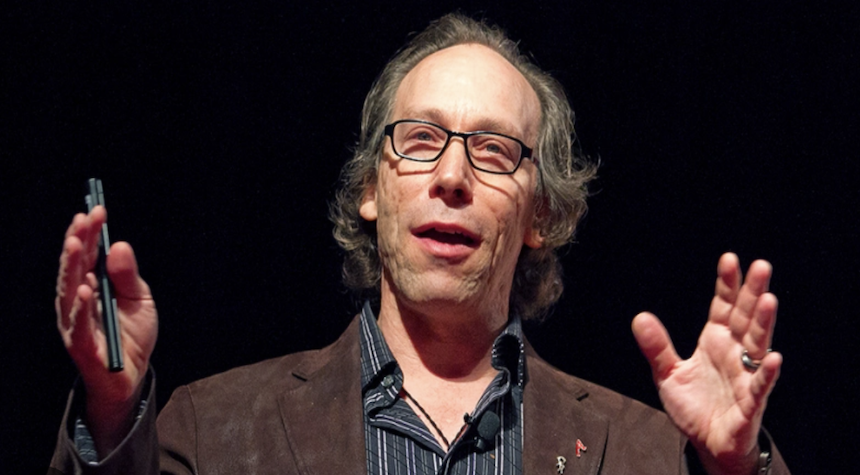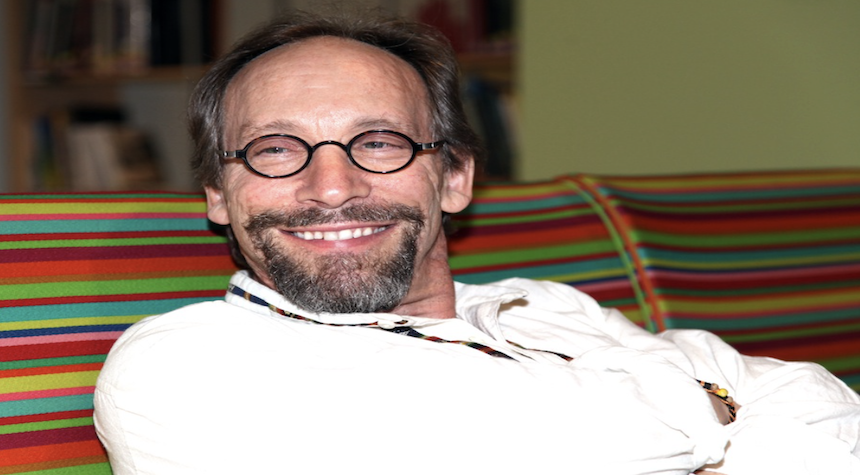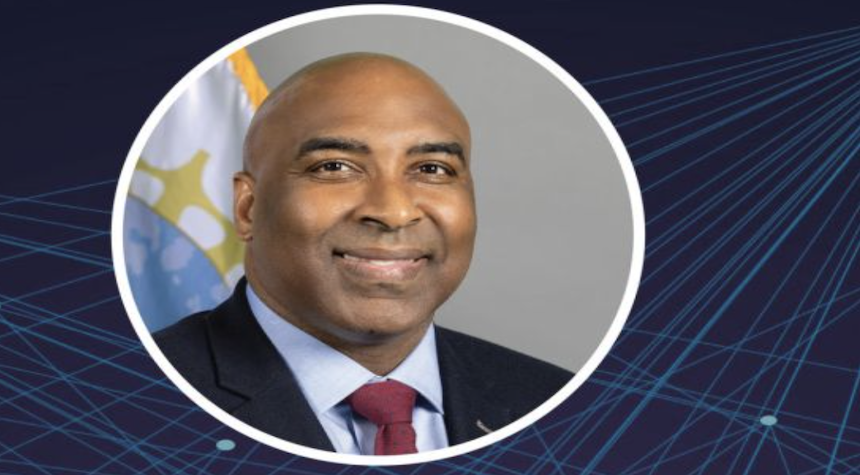Lawrence Krauss is a theoretical physicist, cosmologist, and author. He, like so many others in the sciences, is an atheist; in fact, he has written articles seeking to undermine others’ belief in God, calling religious faith “foolish” and “dangerous.”
Krauss, a Wall Street Journal op/ed writer, published an article at the end of this month, which aimed to destroy a different kind of dogma: the secular canon of diversity, equity, and inclusion. He suggests that the federal government should not collect certain demographic information on postgraduate students in science.

Krauss admits that the federal government’s measurements of demographic data regarding individuals who pursue careers in STEM (science, technology, engineering, and mathematics) fields served their purpose at one point.
He says that the “sex and race data collected on the field in 1975 was initially useful in efforts to overcome barriers for women and minorities in academia.” “These barriers are mostly gone, but quotas and preferential hiring have persisted. ”

Krauss argues that the National Science Foundation (the federal agency responsible for compiling all this data) is committed to identity politics. It is still true, even though it is expected that the Supreme Court will strike down policies regarding university admissions based on race.
He writes:
A pilot project for tracking “sexuality” and “gender identity” was announced last week. Participants will have to “currently” define themselves as male or female, “transgender”, “a different term”, etc. Participants will be asked if they are in a “gender minority”, “sexual minority” or “LGBTQ+”.
Krauss claims that this information not only violates privacy but is also irrelevant. A person’s sexual preferences have nothing to do with whether they are good scientists or not, especially when considering that the LGBTQ community represents a small minority.
Krauss said that he had worked with gay scientists in the past, but it did not matter because their work was completed. The NSF should focus more on sexual identity, he wonders. Charles Barber is the NSF director of research and development. He says that by asking students about their sexual preferences, “we can create opportunities, broaden participation, and yield equitable results for LGBTQIA+ communities and others.”

Krauss wonders whether this sudden emphasis on sexual minorities will lead to quotas, but he also asks, “If so, how would one even go about determining the ‘correct’ proportion of ‘queer’ or ‘genderqueer’ scientists? The percentage of the population that espouses these labels is so small that any data the NSF gathers will be statistically useless.”
Albert Mohler is a doctor at the University of Arizona who believes that surveys lead to quotas. He says in his analysis of Krauss’s op-ed that the federal government “intends” to use the data for political purposes. The federal government will likely use quotas or similar measures to achieve its political goals.

How about other minorities in science, if NSF is so concerned about having enough LGBTQ Cultists among us? Krauss addresses this question as well.
“If the NSF is going to ask doctoral candidates about sexual orientation or gender identification, why not ask them about other private matters, such as religion or politics? Those would likely yield demographically skewed results as well. Atheists and Jews are surely overrepresented among scientists; conservatives and evangelical Christians are underrepresented. I wonder what the DEI officers would make of that.”
Oof. That’s a harsh comment from someone who claims to be an anti-theist and is likely also on the Left.
Krauss calls them “the loudest new minorities.” The Biden administration, the left, and far-left bureaucrats have a vested interest in pandering to the LGBTQ community.


